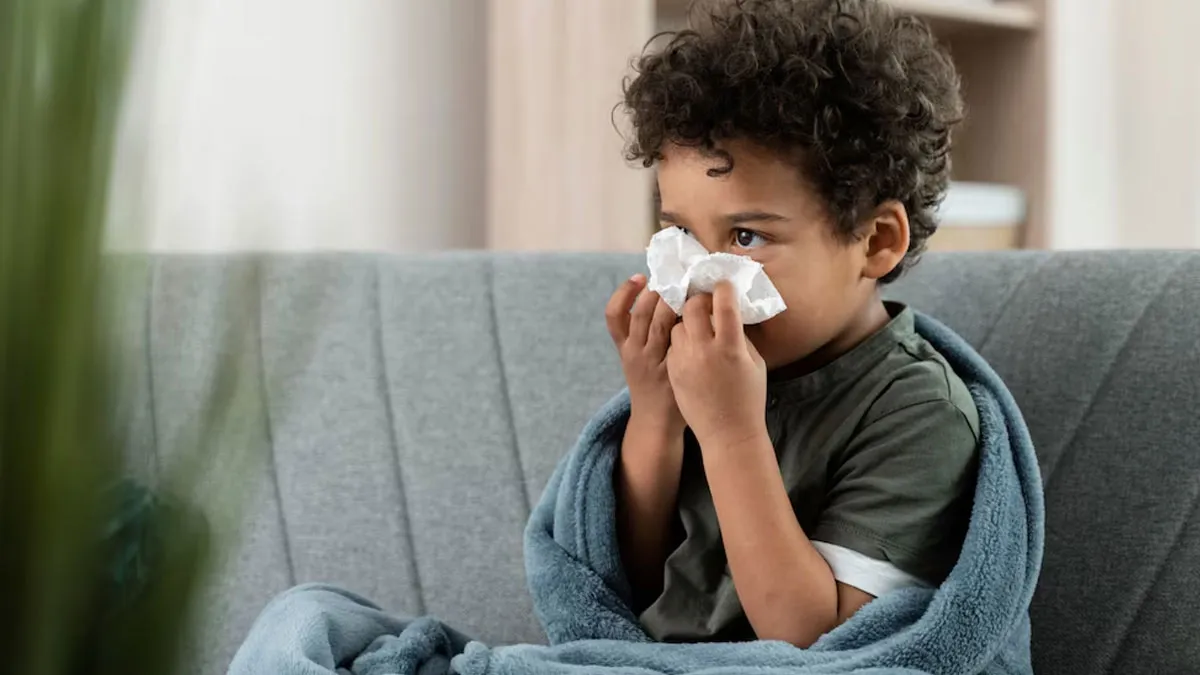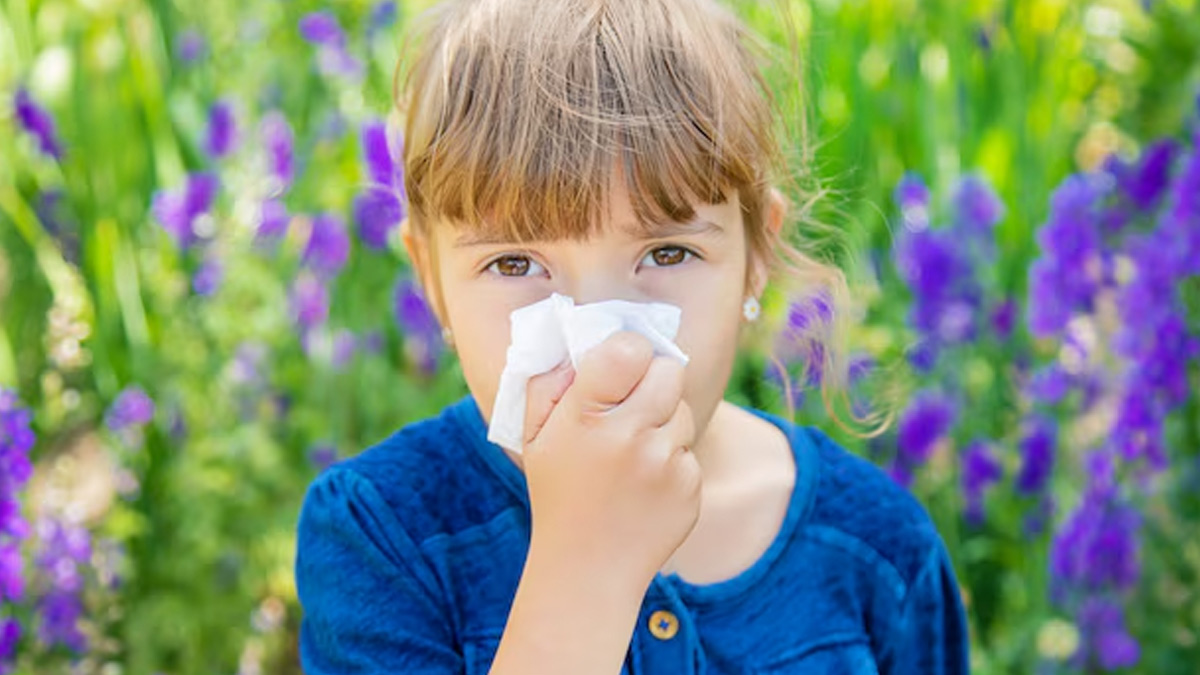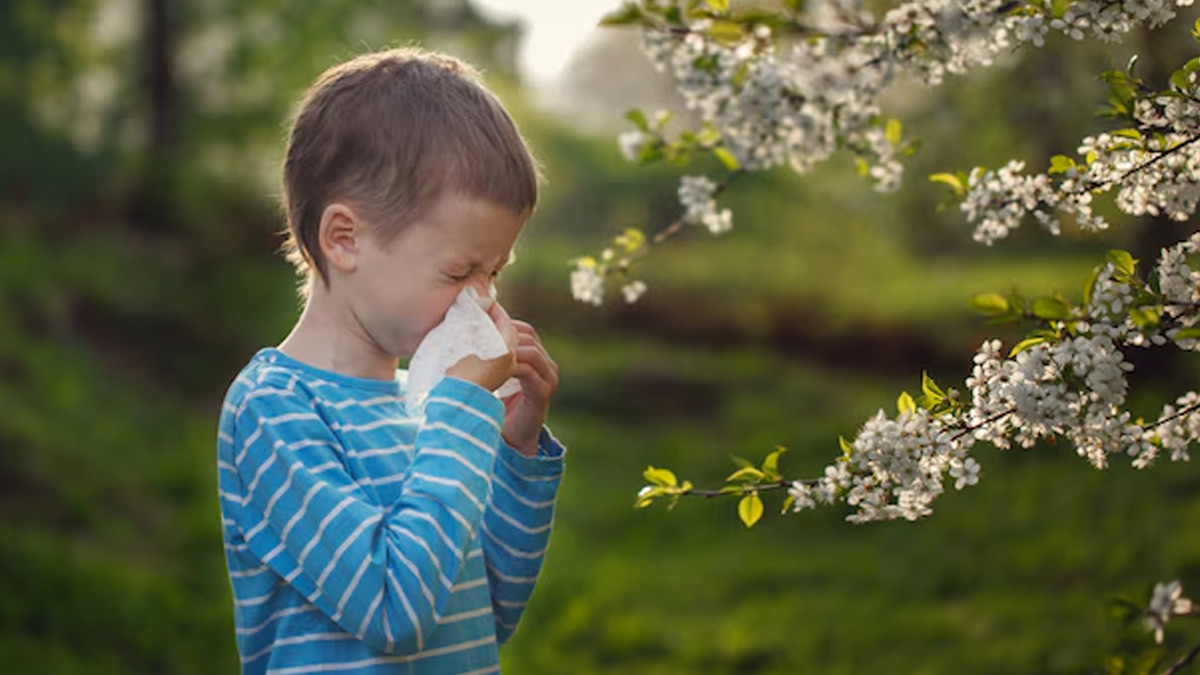
Childhood allergies are a common concern for parents, as these conditions often require long term management and can significantly impact daily life. While most allergies cannot be entirely prevented, research suggests that early exposure to allergens may reduce the likelihood of developing certain allergies, such as peanut allergies.
Table of Content:-
RELATED: Are Allergies Permanent? We Asked A Doctor
Allergies In Children

Allergies occur when the immune system overreacts to a harmless substance, such as certain foods. In infants, common allergens include milk, eggs, peanuts, tree nuts, soy, and wheat. Although many children outgrow their allergies, some can persist into adulthood, requiring lifelong vigilance.
Dr. Archana Dhawan Bajaj, Gynaecologist, Obstetrician and IVF Expert, Nurture IVF Clinic, New Delhi, explains, “Allergies are unpredictable, and a child’s risk can only be determined once they are exposed to potential allergens. However, careful early exposure to certain foods may lower the chances of developing an allergy later.”
What Is Early Exposure?
Research, which includes a groundbreaking study published in the New England Journal of Medicine, has shown that introducing allergenic foods early, particularly peanuts, can significantly reduce the risk of developing allergies in high-risk children. The study found an 81% reduction in peanut allergies among children with severe eczema or existing food allergies who were given peanuts early.
How To Safely Introduce Allergens?

Early exposure should always be approached cautiously, especially if your child is at higher risk due to factors like eczema, a family history of allergies, or a sibling with an allergy. Here are some expert recommendations for introducing allergens.
- Start with less allergenic foods. Begin by offering foods that are less likely to cause allergies, such as rice cereal or pureed fruits and vegetables.
- Gradually introduce common allergens. Once your child tolerates basic foods, slowly introduce allergenic foods like eggs, dairy, and peanuts.
- Avoid combination foods, as they make it harder to identify the cause of a reaction.
- Ensure foods are age-appropriate to prevent choking hazards. For example, opt for peanut butter thinned with water instead of whole peanuts.
- Consistency is key. Regular exposure helps maintain tolerance.
- Start at home, ideally in the morning, so you can monitor your child for reactions throughout the day.
Symptoms To Watch Out For
Allergic reactions can occur within minutes to two hours of exposure. Mild symptoms include hives, facial swelling, tingling in the mouth, or stomach pain. Severe reactions, such as anaphylaxis, require immediate medical attention and may involve breathing difficulties, throat tightness, or tongue swelling.
Parents should consult a doctor before introducing allergens if their child has severe eczema, dermatitis, or a sibling with a known allergy. Dr. Bajaj advises, “Being prepared for potential reactions and knowing the symptoms can make early exposure safer for both parents and children.”
Managing Allergies In Children
-1736508162944.jpg)
If your child already shows signs of allergies, consult a healthcare professional for guidance. Allergy management often involves dietary changes, especially for food allergies, and may require the entire household to adapt. For instance, parents should ensure allergens are avoided and caregivers are informed about the child’s condition.
While early exposure can reduce allergy risks, parents must remain vigilant. Regular check-ups with a paediatrician or allergist is advised.
RELATED: From Cold Compress to Clothing: Here Are Home Remedies For Urticaria You Should Try
Takeaway
Early exposure offers a promising way to reduce the likelihood of developing certain food allergies. By carefully introducing allergenic foods and monitoring your child’s reactions, you can take proactive steps to support their health.
Always consult your healthcare provider for guidance, especially if your child is at higher risk. Early action and awareness can make all the difference in managing childhood allergies effectively.
Also watch this video
How we keep this article up to date:
We work with experts and keep a close eye on the latest in health and wellness. Whenever there is a new research or helpful information, we update our articles with accurate and useful advice.
Current Version